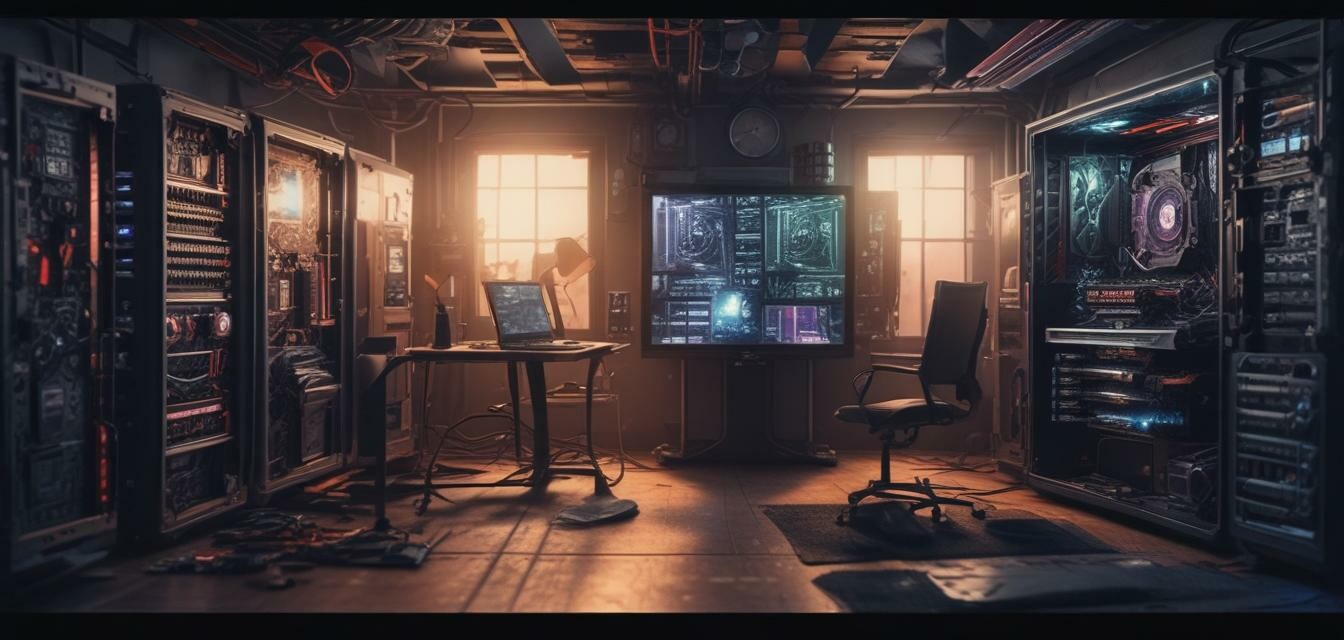
The Pros and Cons of Building vs. Buying a Gaming PC
Key Takeaways
- Building a PC offers customization and potential cost savings.
- Buying pre-built PCs provides convenience and immediate use.
- Consider factors such as budget, technical skill, and long-term upgrades.
When it comes to gaming, having the right hardware can make all the difference. One of the crucial decisions gamers face is whether to build a gaming PC from scratch or purchase a pre-built one. In this article, we will explore the pros and cons of each approach, helping you make an informed choice that suits your gaming needs.
Advantages of Building Your Own Gaming PC
Building a gaming PC allows for a significant level of customization. Here are some of the key advantages:
Pros
- Customization options: Choose each component based on your needs.
- Potential cost savings: Often cheaper than buying a pre-built.
- Higher quality components: Select trusted brands for critical parts.
- Learning experience: Gain knowledge about how PCs work.
- Better performance: Tailor your setup for specific games.
Cons
- Time-consuming: Research and assembly can take a significant amount of time.
- Technical knowledge required: Understanding compatibility and installation is essential.
- Warranty challenges: Individual component warranties differ.
- Initial setup problems: Troubleshooting a custom build may be required.
Benefits of Buying a Pre-built Gaming PC
For many, purchasing a pre-built gaming PC is a more straightforward option. Here are the advantages:
Pros
- Convenience: Ready to use out of the box.
- Time-saving: No need for assembly or troubleshooting.
- Customer support: Comes with manufacturer warranty and service.
- Guaranteed compatibility: All components are tested to work together.
- Options for upgrades: Many pre-built systems allow for future upgrades.
Cons
- Higher cost: Generally more expensive than a custom build.
- Limited customization: Choices can be confined to specific models.
- Possibly lower quality parts: Some brands use cheaper components to save costs.
- Less learning opportunity: You won't gain as much technical knowledge.
Building vs. Buying: Key Considerations
Now that we’ve explored the pros and cons, here are some considerations to keep in mind when deciding:
| Factor | Building a PC | Buying a Pre-built |
|---|---|---|
| Cost | Often lower with savvy component choices | Higher upfront cost |
| Customization | Completely customizable | Limited options based on available models |
| Time | Time-consuming setup and research | Immediate usability |
| Technical Skill | Requires some knowledge | No technical knowledge needed |
| Support | Individual component support | Comprehensive manufacturer’s support |
Conclusion
Ultimately, the choice between building vs. buying a gaming PC depends on your individual circumstances. If you value customization, time, and potentially saving money, building a PC may be the way to go. However, if you prioritize convenience and immediate use, a pre-built gaming PC might be your best option. Make sure to evaluate your own needs, technical skills, and budget before making a decision.
Tips for Beginners
- Research components carefully if you decide to build.
- Consider buying from reputable retailers for pre-built systems.
- Join online communities for advice and support during your decision-making process.
If you're interested in further enhancing your gaming setup, check out our articles on gaming chairs, gaming headsets, and gaming monitors to find the perfect accessories to complement your new PC.
